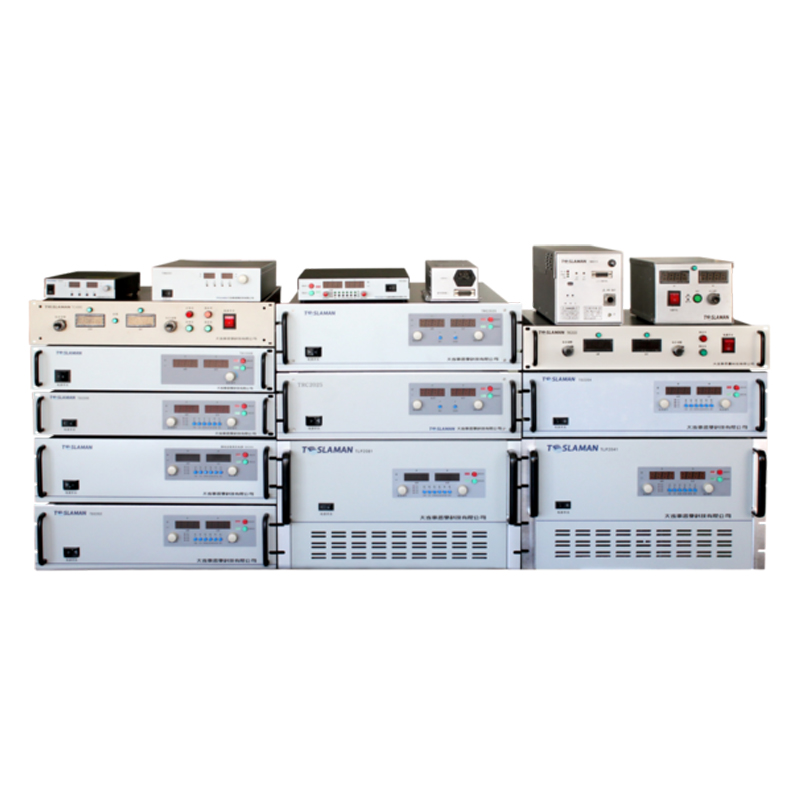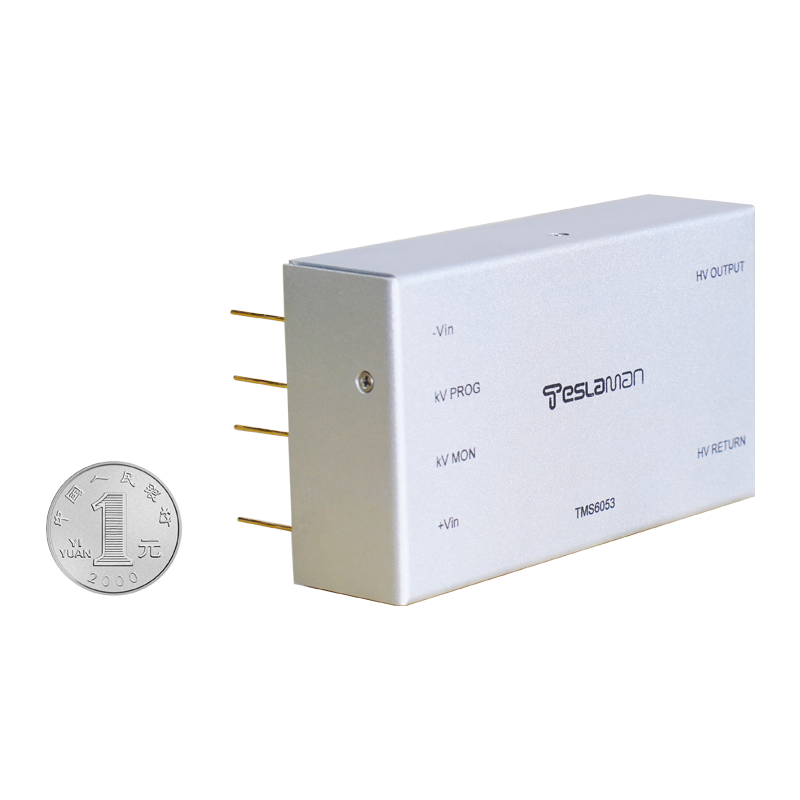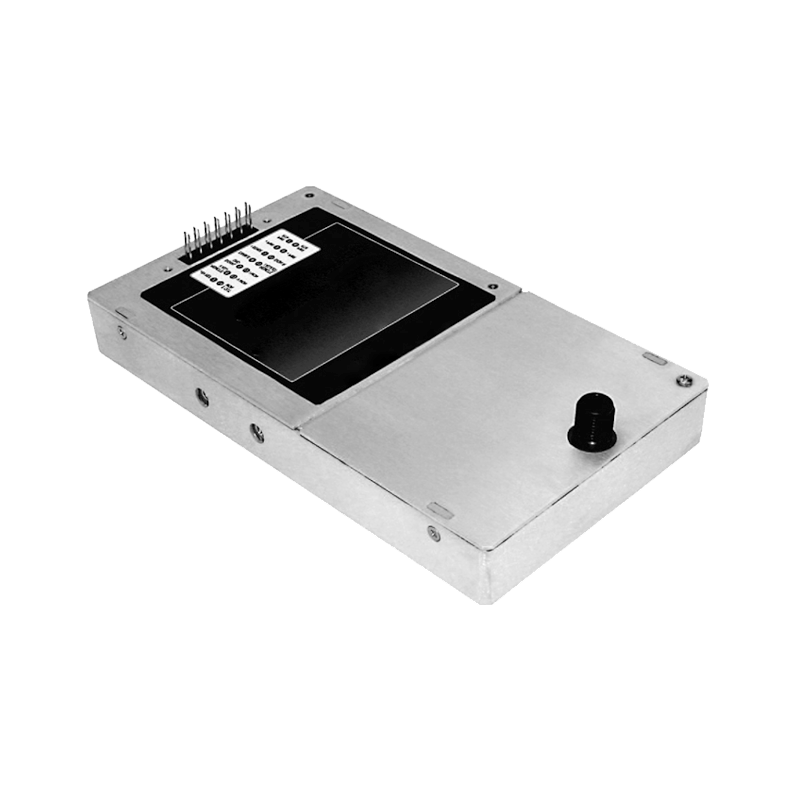The Key Role and Technical Requirements of High-Voltage Generators in Power System Capacitor Testing
With the continuous development of power systems, accurate testing and evaluation of power equipment performance parameters have become a crucial link to ensure the safe and stable operation of the system. As an important component of the power system, the performance of capacitors directly affects the stability and economy of the power system. Therefore, accurate testing of capacitors has become a focus of attention in the power industry. In this process, high-voltage generators play a crucial role.
I. Working Principle and Application of High-Voltage Generators
A high-voltage generator is a device specifically used to generate high voltages. It produces a high output voltage by increasing the input voltage, thereby simulating the actual working conditions in the power system. In capacitor testing, the high voltage provided by the high-voltage generator can be applied to the capacitor to detect its working status and performance parameters at different voltage levels.
II. The Key Role of High-Voltage Generators in Capacitor Testing
1. Accurately Simulating Actual Working Conditions: Capacitors in the power system need to withstand a certain voltage during actual operation. Using high-voltage generators can accurately simulate these working conditions, thereby obtaining more realistic test results.
2. Detecting Insulation Performance: The high voltage generated by the high-voltage generator can be used to test the insulation performance of the capacitor. By observing the change in leakage current of the capacitor under different voltages, the quality of its insulation performance can be judged.
3. Assessing Thermal Stability: Under the action of high voltage for a long time, the capacitor will generate heat and its temperature will change. The high-voltage generator, combined with temperature measurement equipment, can assess the thermal stability of the capacitor under different voltages and temperatures.
III. Technical Requirements and Challenges
1. Stability Requirements: The high-voltage generator must be able to maintain the stability of the output voltage during long-term operation to ensure the accuracy of the test results.
2. Adjustability Needs: To adapt to the testing of capacitors with different specifications and requirements, the output voltage of the high-voltage generator should be adjustable, and the adjustment process should be quick and accurate.
3. Safety Design: Since the high-voltage generator involves high voltage output, there is a risk of electric shock. Therefore, safety must be fully considered in the design, including electrical isolation, overcurrent protection, overvoltage protection, and other measures.
4. Intelligent Control: With the development of automation technology, modern high-voltage generators should have intelligent control functions, such as remote operation, automatic data recording, and analysis, to improve testing efficiency and safety.
5. Environmental Protection and Energy Saving: In the research and application of high-voltage generators, the use of environmentally friendly materials and energy conservation should be emphasized to reduce the impact of equipment operation on the environment.
IV. Conclusion and Outlook
High-voltage generators play a crucial role in power system capacitor testing. With the continuous advancement of power technology, the performance and technical requirements of high-voltage generators will also continue to improve. In the future, high-voltage generators will achieve greater breakthroughs in stability, adjustability, safety, intelligent control, and environmental protection and energy saving, providing stronger technical support for the safe and stable operation of power systems. At the same time, users should also strengthen the maintenance and upkeep of high-voltage generators to ensure that they can perform at their best when needed.




















